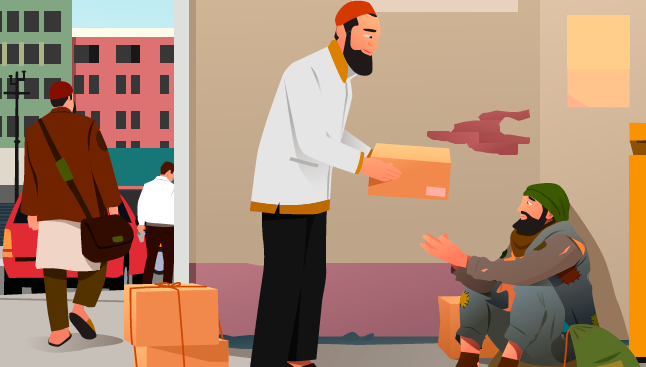Following the Ten Commandments, we’re getting into other laws and many of them are both kind and sensible. For example:
- If your animals get loose in your neighbor’s field and eat the corn or the grapes, you have to pay back your neighbor with the best part of your own field or vineyard.
- If a fire breaks out in a field, the person who caused the fire has to pay for it.
The kind ones are the best:
- Don’t be mean to strangers living among you
- Don’t harm widows or orphans. (Widows and orphans were the most unfortunate group in ancient Israel).
This commandment God really emphasizes. “If they (the widows or orphans) cry out to Me, my anger will flare up.” - If you lend money to a poor person, don’t charge interest.
- If you take a person’s coat to secure a loan, give him back the coat every night because it’s his only clothing. “What else shall he sleep in?” Think, today, of people getting evicted and having no place to sleep.
- On the seventh day of the week, the Sabbath, don’t do any work “so that your ox and your donkey may have rest” and also your servants. The Sabbath is for your workers, animal and human!

Food for Thought
One of the laws says that if someone borrows an animal from his neighbor and it dies, the borrower must pay the owner back. But if the owner was there when the animal died, the borrower does not have to pay the owner.
Question: What if the borrower abused the animal before the owner was there with it? Shouldn’t the borrower have to pay?
If you have a thought about this law or any other, email me at iherz@auntreeneeswebsites.com and we can discuss it.
